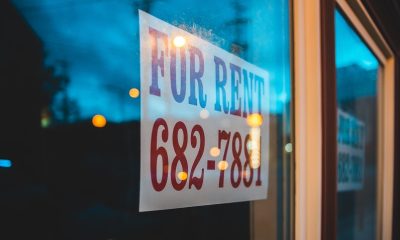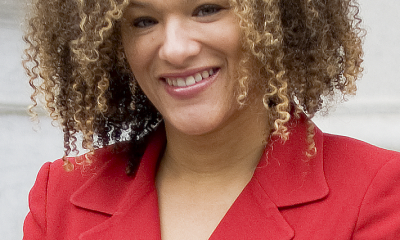Uncategorized
Organizations Ask Oakland Rent Board to Strengthen Tenant Protection Regulations
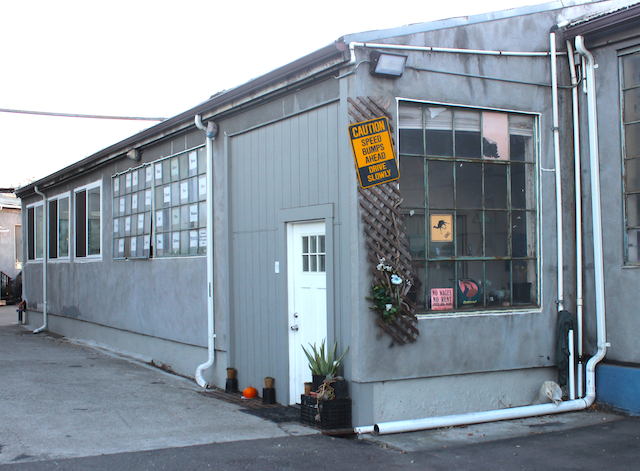
A coalition of 10 different organizations have asked Oakland’s Rent Adjustment Program (RAP) to amend proposed regulations to the Tenant Protection Ordinance (TPO) in an effort to make replacing vacating roommates and filling extra space in rental units easier for tenants.
“In Oakland, tenants already have one-to-one replacement rights,” said Jackie Zaneri, a tenant attorney with ACCE Action, a grassroots organization that is leading the push to amend current proposed TPO regulations. “So if you have three roommates, and one of them moves out, you already have the right to bring in someone else. In practice, this right was difficult to enforce because there were not very good rules about when your landlord could just reject a new person.” But City Council has amended the TPO recently. On July 14, 2020, they approved additional language in the Just Cause for Eviction Ordinance that made it easier for tenants to accept new housemates or roommates.
The new language states that “a landlord shall not endeavor to recover possession of a rental unit if the landlord has unreasonably refused a written request by the tenant to add such occupant(s) to the unit.”
Other language the Council added specified that landlords cannot reject the written request to add occupants based on “the proposed additional occupant’s lack of creditworthiness, if that person will not be legally obligated to pay some or all of the rent to the landlord.”
The language helps most tenants in their ability to take in new roommates without those roommates having to prove creditworthiness to their landlord. It protects tenants
who want to pool money together and have one tenant pay rent as well as people who want to take in family members or friends who are unemployed.
There are some exceptions, such as units not covered under Just Cause and tenants who have already signed on to lease terms that prevent adding new roommates.
For many Oakland tenants, newly added language also allows them to add tenants beyond just replacing roommates, allowing for adding roommates to the total already living in a rental unit as long as that total does not exceed capacity limits set by the Council. These capacity limits are: “two persons in a studio unit, three persons in a one-bedroom unit, four persons in a two-bedroom unit, six persons in a three-bedroom unit, eight persons in a four-bedroom unit; or, the maximum number permitted under state law and/or local codes.” Oakland’s Rent Adjustment Program has created proposed regulations to determine how the newly added language will be enforced, but ACCE, along with tenant unions and organizations that advocate for tenant rights, are calling for the proposed regulations to be changed to protect tenants more.
“We believe that the current proposed criteria still leave ample legal room for landlords to retaliate against tenants by refusing to accept new roommates,” states a letter written by ACCE wrote, signed by Oakland Tenants Union, SMC Tenants Council, Bay Area Legal Aid and six other organizations and then sent to RAP on November 12. The letter also included proposed changes to RAP’s regulations.
The coalition’s proposed changes call for more specific reasons that a landlord would be barred from denying a tenant space, including inability to pay rent during the local emergency related to the pandemic, refusing to provide information that is outside the reasonable scope of an application process, participation in a lawsuit as plaintiff, past participation in tenant organizing, contesting rent increases or filing complaints against landlords.
In situations where a new tenant would be signing onto a lease and agreeing to pay the landlord directly in a rental unit already being rented by others, a credit check could be allowed. But the coalition has suggested a provision where a new tenant could not be subject to stricter credit requirements than other tenants living in the unit.
The coalition is also requesting that additional language be added to a section that gives landlords the right to deny a unit or evict a tenant if it can be proven they have misrepresented significant facts on a housing application.
Their new language would prevent landlords from denying space to tenants who have used other names in the past or had minor discrepancies on credit reports.
In addition to protecting tenants who unintentionally make mistakes when filling out forms, Zaneri said the additional language protects trans and Latinx tenants.
“Tenant screenings can come back with different last names, but there’s a number of reasons why different names could come up,” she said. “They could be transitioning or gender non-conforming. They could be from a [culture] that uses multiple last names, and maybe only one of them comes up.”
The coalition has also asked RAP to eliminate a petition process in new proposed regulations that they say eases landlords’ ability to raise rents if landlords can prove that an original occupant no longer resides in a rental unit.
“We don’t believe that the Rent Adjustment Program should add a new process to allow landlords to raise rent where not required by state law,” reads the letter the coalition sent to RAP on November 12. “We also object to a new petition process that encourages landlords to spy on tenants. We have seen tenants whose landlords catalogued everyone who went into and out of their units or used security cameras to track their movements.”
If a petition process exists that allows landlords to evict tenants if they can prove original tenants no longer reside in a rental unit, the coalition worries such behavior could become more prevalent among landlords who act in bad faith but claim “that they are only collecting evidence for their petition.”
RAP heard public comments from the coalition and their supporters about the proposed amendments to proposed TPO regulations during their last meeting and is also considering the issue during their next meeting on December 10, at 5:00 p.m., when public comments can again be heard.
No regulations to the TPO have yet been codified and the RAP is still considering proposed amendments. Tenants can contact RAP for free help navigating tenant protections that have already been approved. Please call, (510) 238-3721, or on the web at: www.oaklandca.gov/topics/rent-adjustment-program
Arts and Culture
Rise East Project: Part 3
Between 1990 and 2020, Oakland lost nearly half of its Black population due to economic and social forces. East Oakland, once a middle-class community, is now home to mostly Black families living in poverty.
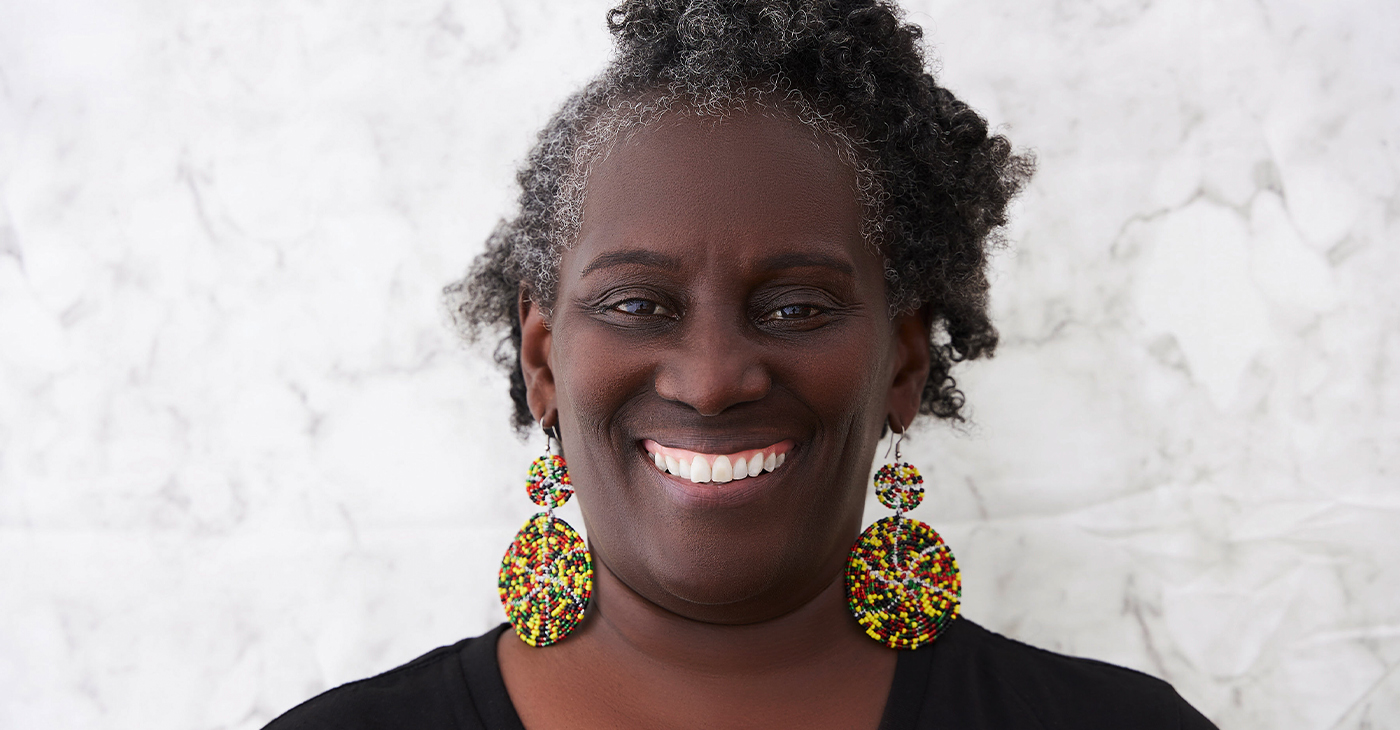
The Black Cultural Zone’s Pivotal Role in Rebuilding Oakland’s Black Community
By Tanya Dennis
Between 1990 and 2020, Oakland lost nearly half of its Black population due to economic and social forces. East Oakland, once a middle-class community, is now home to mostly Black families living in poverty.
In 2021, 314 Oakland residents died from COVID-19. More than 100 of them, or about 33.8%, were Black, a high rate of death as Blacks constitute only 22.8% of Oakland’s population.
This troubling fact did not go unnoticed by City and County agencies, and the public-at-large, ultimately leading to the development of several community organizations determined to combat what many deemed an existential threat to Oakland’s African American residents.
Eastside Arts Alliance had already proposed that a Black Cultural Zone be established in Deep East Oakland in 2010, but 2020’s COVID-19 pandemic galvanized the community.
Demanding Black legacy preservation, the Black Cultural Zone (BCZ) called for East Oakland to be made an “unapologetically Black” business, commercial, economic development community.
Established initially as a welcoming space for Black art and culture, BCZ emerged into a a community development collective, and acquired the Eastmont police substation in Eastmont Town Center from the City of Oakland in 2020.
Once there, BCZ immediately began combating the COVID-19 pandemic with drive-thru PPE distribution and food giveaways. BCZ’s Akoma Market program allowed businesses to sell their products and wares safely in a COVID-compliant space during the COVID-19 shutdown.
Currently, Akoma Market is operated twice a month at 73rd and Foothill Boulevard and Akoma vendors ‘pop up’ throughout the state at festivals and community-centered events like health fairs.
“Before BCZ existed, East Oakland was a very depressing place to live,” said Ari Curry, BCZ’s chief experience officer and a resident of East Oakland. “There was a sense of hopelessness and not being seen. BCZ allows us to be seen by bringing in the best of our culture and positive change into some of our most depressed areas.”
The culture zone innovates, incubates, informs, and elevates the Black community and centers it in arts and culture, Curry went on.
“With the mission to center ourselves unapologetically in arts, culture, and economics, BCZ allows us to design, resource, and build on collective power within our community for transformation,” Curry concluded.
As a part of Oakland Thrives, another community collective, BCZ began working to secure $100 million to develop a ‘40 by 40’ block area that runs from Seminary Avenue to the Oakland-San Leandro border and from MacArthur Boulevard to the Bay.
The project would come to be known as Rise East.
Carolyn Johnson, CEO of BCZ says, “Our mission is to build a vibrant legacy where we thrive economically, anchored in Black art and commerce. The power to do this is being realized with the Rise East Project.
“With collective power, we are pushing for good health and self-determination, which is true freedom,” Johnson says. “BCZ’s purpose is to innovate, to change something already established; to incubate, optimizing growth and development, and boost businesses’ economic growth with our programs; we inform as we serve as a trusted source of information for resources to help people; and most important, we elevate, promoting and boosting Black folks up higher with the services we deliver with excellence.
“Rise East powers our work in economics, Black health, education, and power building. Rise East is the way to get people to focus on what BCZ has been doing. The funding for the 40 by 40 Rise East project is funding the Black Culture Zone,” Johnson said.
Alameda County
Help Protect D.A. Pamela Price’s Victory
Alameda County District Attorney Pamela Price is asking supporters of the justice reform agenda that led her to victory last November to come to a Town Hall on public safety at Montclair Presbyterian Church on July 27.
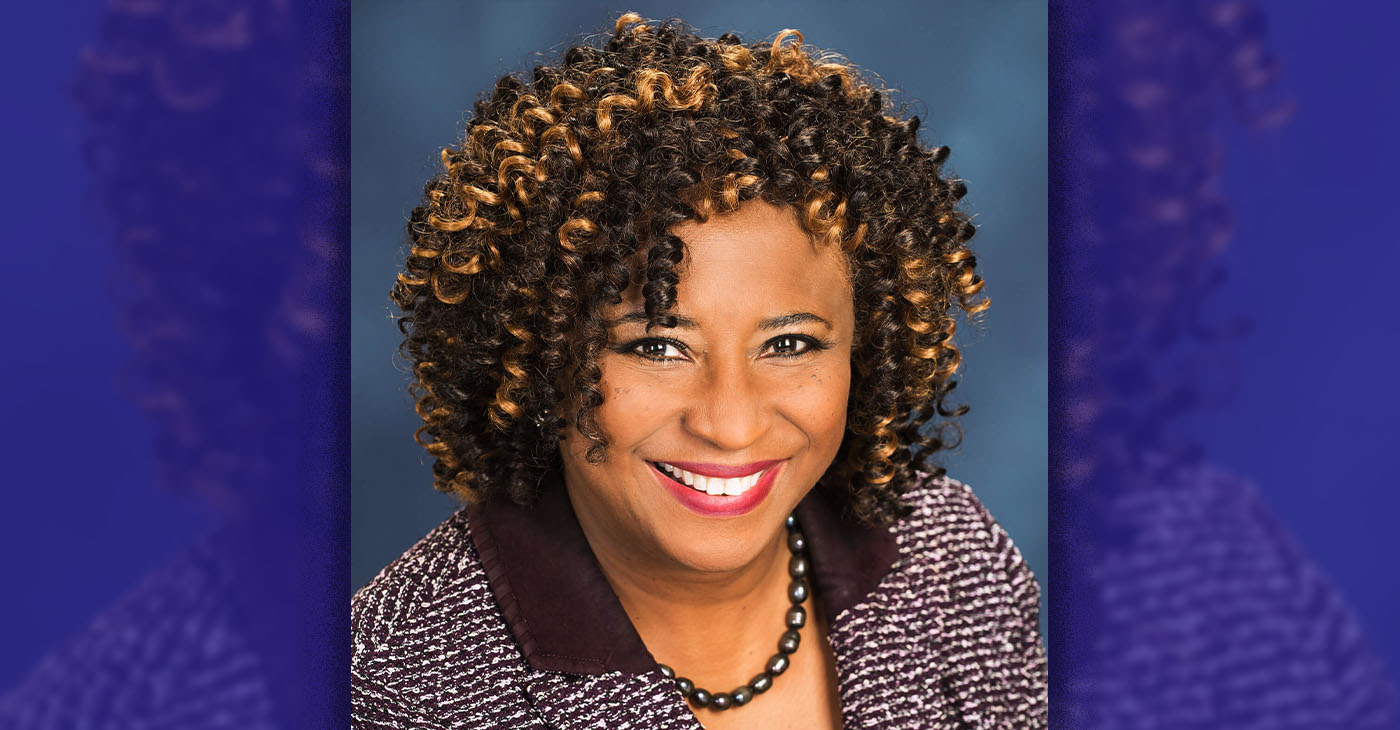
By Post Staff
Alameda County District Attorney Pamela Price is asking supporters of the justice reform agenda that led her to victory last November to come to a Town Hall on public safety at Montclair Presbyterian Church on July 27.
Price is facing a possible recall election just six months into her term by civic and business interests, some of whom will be at the in-person meeting from 6:00-9:00 p.m. at 5701 Thornhill Dr. in Oakland.
“We know that opponents of criminal justice reform plan to attend this meeting and use it as a forum against the policies that Alameda County voters mandated DA Price to deliver. We cannot let them succeed,” her campaign team’s email appeal said.
“That’s why I’m asking you to join us at the town hall,” the email continued. “We need to show up in force and make sure that our voices are heard.”
Price’s campaign is also seeking donations to fight the effort to have her recalled.
Her history-making election as the first African American woman to hold the office had been a surprise to insiders who had expected that Terry Wiley, who served as assistant district attorney under outgoing D.A. Nancy O’Malley, would win.
Price campaigned as a progressive, making it clear to voters that she wanted to curb both pretrial detention and life-without-parole sentences among other things. She won, taking 53% of the vote.
Almost immediately, Price was challenged by some media outlets as well as business and civic groups who alleged, as she began to fulfill those campaign promises, that she was soft on crime.
On July 11, the recall committee called Save Alameda for Everyone (S.A.F.E.) filed paperwork with the county elections office to begin raising money for the next step toward Price’s ouster: gathering signatures of at least 10% of the electorate.
S.A.F.E. has its work cut out for them, but Price needs to be prepared to fight them to keep her office.
In a separate sponsored letter to voters, Price supporters wrote:
“We know that you supported DA Price because you believe in her vision for a more just and equitable Alameda County. We hope you share our belief that our criminal justice system has to be fair to everyone, regardless of their race, gender, ethnicity, religion, or socioeconomic status.
“The Republican-endorsed effort is a blatant attempt to overturn the will of the voters and a waste of time and money. It is an attempt to silence the voices of those who want real justice. We cannot let these election deniers succeed.
“Will you make a donation today to help us protect the win?
“Please watch this video and share it with your friends and family. We need to stand up to the sore losers and protect the win. Together, we can continue to make Alameda County a more just, safe and equitable place for everyone.”
For more information, go to the website: pamelaprice4da.com
or send an e-mail to info@pamelaprice4da.com
Bay Area
Oakland Teachers Walk Out
After negotiating late into the night and months of fruitless bargaining with the Oakland Unified School District, Oakland teachers went out on strike Thursday morning. “Our (50-member) bargaining team has been working for seven months working, making meaningful proposals that will strengthen our schools for our students,” said Oakland Education Association (OEA) Interim President Ismael “Ish” Armendariz, speaking at press conference Monday afternoon.
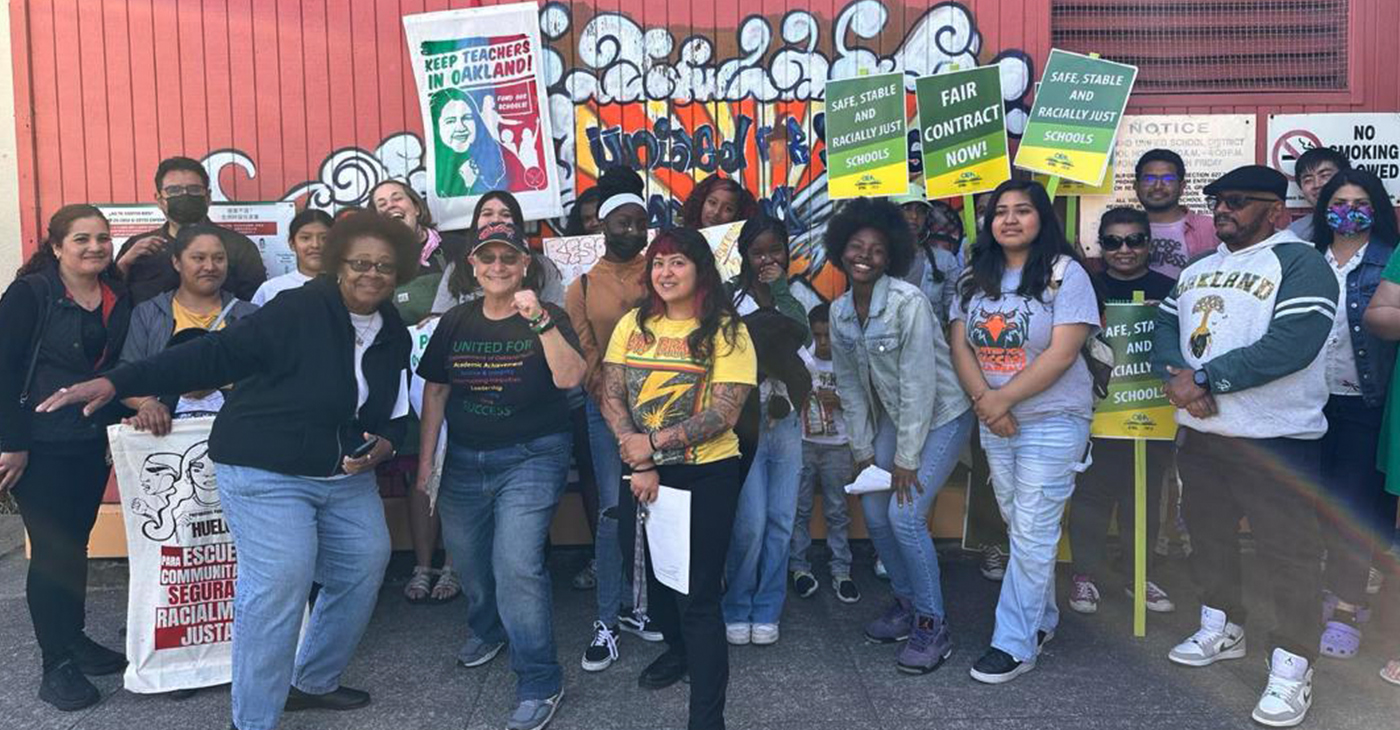
OEA calls unfair labor practices strike after 7 months of negotiations.
By Ken Epstein
After negotiating late into the night and months of fruitless bargaining with the Oakland Unified School District, Oakland teachers went out on strike Thursday morning.
“Our (50-member) bargaining team has been working for seven months working, making meaningful proposals that will strengthen our schools for our students,” said Oakland Education Association (OEA) Interim President Ismael “Ish” Armendariz, speaking at press conference Monday afternoon.
“OUSD has repeatedly canceled bargaining sessions, has failed to offer meaningful proposals or counterproposals at a majority of the bargaining sessions and has repeatedly failed to discuss certain items,” Armendariz said.
“The days (of bargaining) have been long, and after hours of waiting, the superintendent finally showed up on Sunday night at 11:00 p.m.to meet with our team (for the first time),” he said. “(But) the district continues to come to the table unprepared, and this is unacceptable.”
“This is illegal, and OEA has filed an Unfair Labor Practice charge with the state Public Employment Relations Board (PERB). Under California law, OEA has a right to strike over unfair labor practices,” he said.
OEA represents 3,000 teachers, counselors, psychologists, speech pathologists, early childhood educators, nurses, adult education instructors and substitute teachers, serving 35,000 Oakland public school students. Other labor groups representing school employees include SEIU 1021 and construction unions.
In a press statement released on Tuesday, OUSD said it has been trying to avert a strike.
“The district will remain ready to meet with the teachers’ union at any time and looks forward to continuing our efforts to reach an agreement with OEA … We will continue to do everything possible to avoid a work stoppage.”
“Our children’s education does not need to be interrupted by negotiations with our union, especially given the major offer the District made on Monday,” other district press statements said. “We are committed to continuing to work with our labor leaders to discuss their salaries and support services for our students without the need for a strike.”
OUSD’s latest salary proposal, released this week, includes a 10% raise retroactive to Nov. 1, 2022, and a $5,000, one-time payment to all members.
OEA’s recent salary proposal asked for a 10% retroactive raise to all members, a one-time $10,000 payment to members who return for the 2023-2024 school year, and increases from $7,500 to $10,000 to salaries, based on years of experience.
In addition to pay demands, OEA is making “common good” proposals that serve families and the community, including protecting and enhancing special education programs, putting the brakes on closing schools in flatland neighborhoods, shared school leadership, safety, and support for students.
-

 Activism4 weeks ago
Activism4 weeks agoOakland Post: Week of March 20 – 26, 2024
-

 #NNPA BlackPress3 weeks ago
#NNPA BlackPress3 weeks agoCOMMENTARY: D.C. Crime Bill Fails to Address Root Causes of Violence and Incarceration
-

 #NNPA BlackPress3 weeks ago
#NNPA BlackPress3 weeks agoMayor, City Council President React to May 31 Closing of Birmingham-Southern College
-

 #NNPA BlackPress4 weeks ago
#NNPA BlackPress4 weeks agoCOMMENTARY: Lady Day and The Lights!
-

 #NNPA BlackPress3 weeks ago
#NNPA BlackPress3 weeks agoFrom Raids to Revelations: The Dark Turn in Sean ‘Diddy’ Combs’ Saga
-

 #NNPA BlackPress3 weeks ago
#NNPA BlackPress3 weeks agoBaltimore Key Bridge Catastrophe: A City’s Heartbreak and a Nation’s Alarm
-

 Activism3 weeks ago
Activism3 weeks agoOakland Post: Week of March 27 – April 2, 2024
-

 #NNPA BlackPress3 weeks ago
#NNPA BlackPress3 weeks agoBaltimore’s Key Bridge Struck by Ship, Collapses into Water



